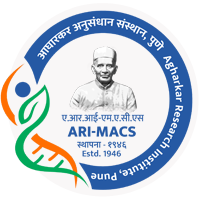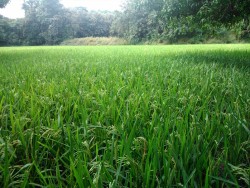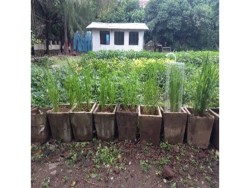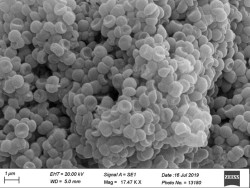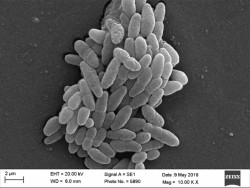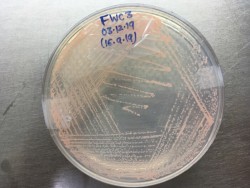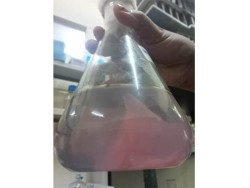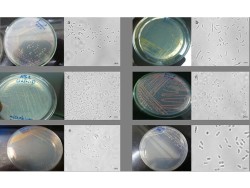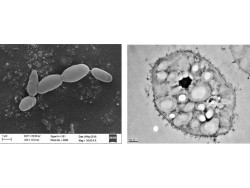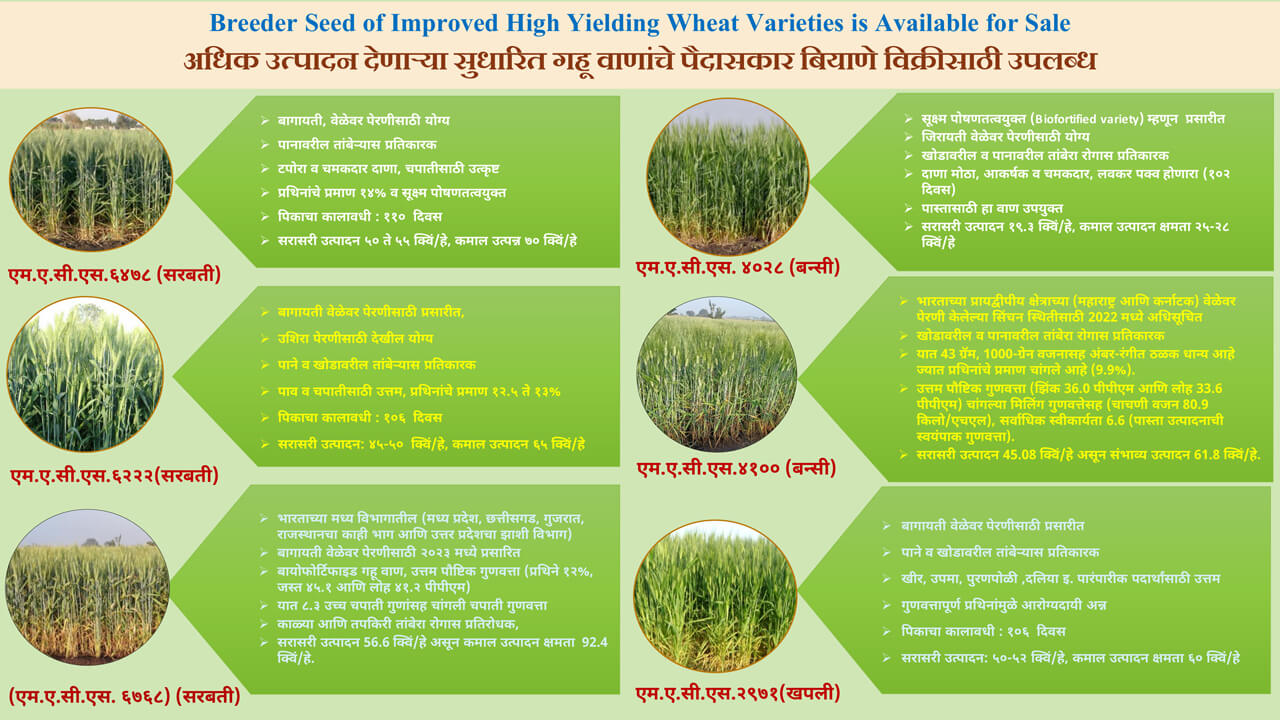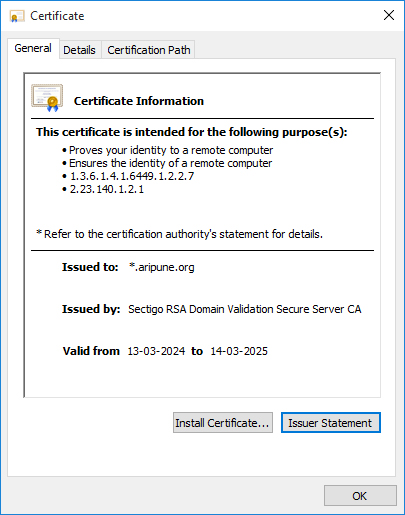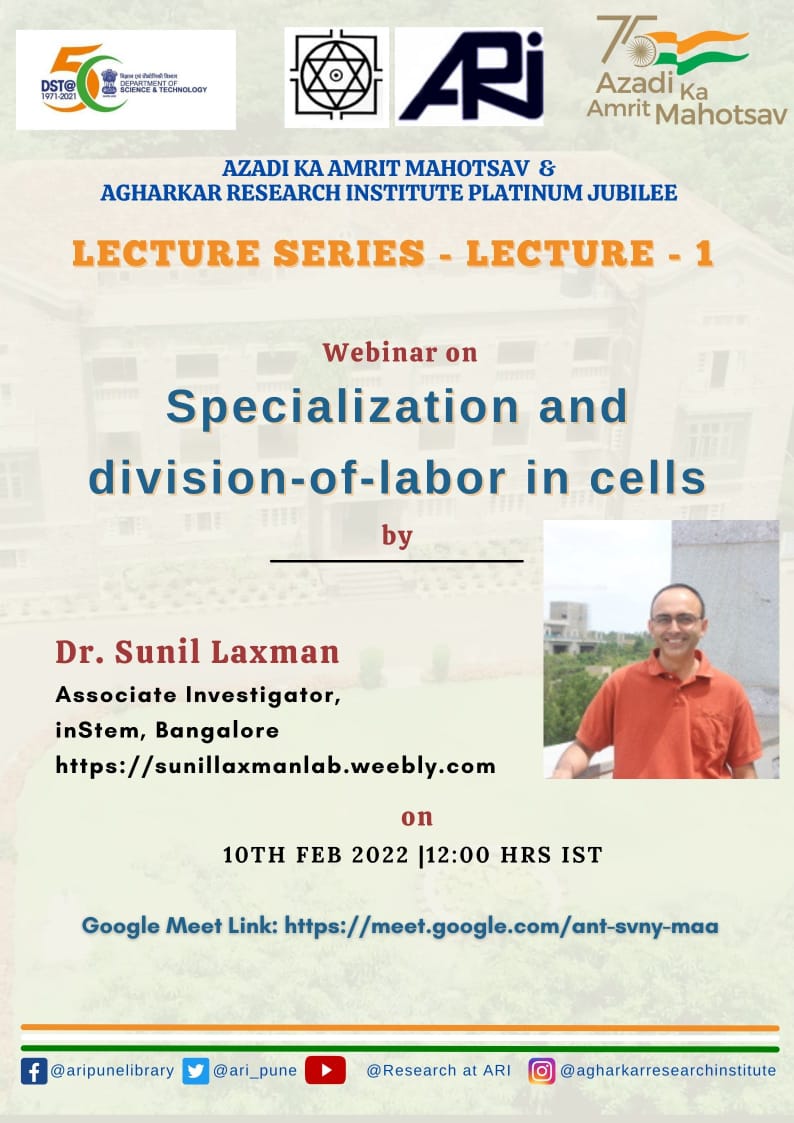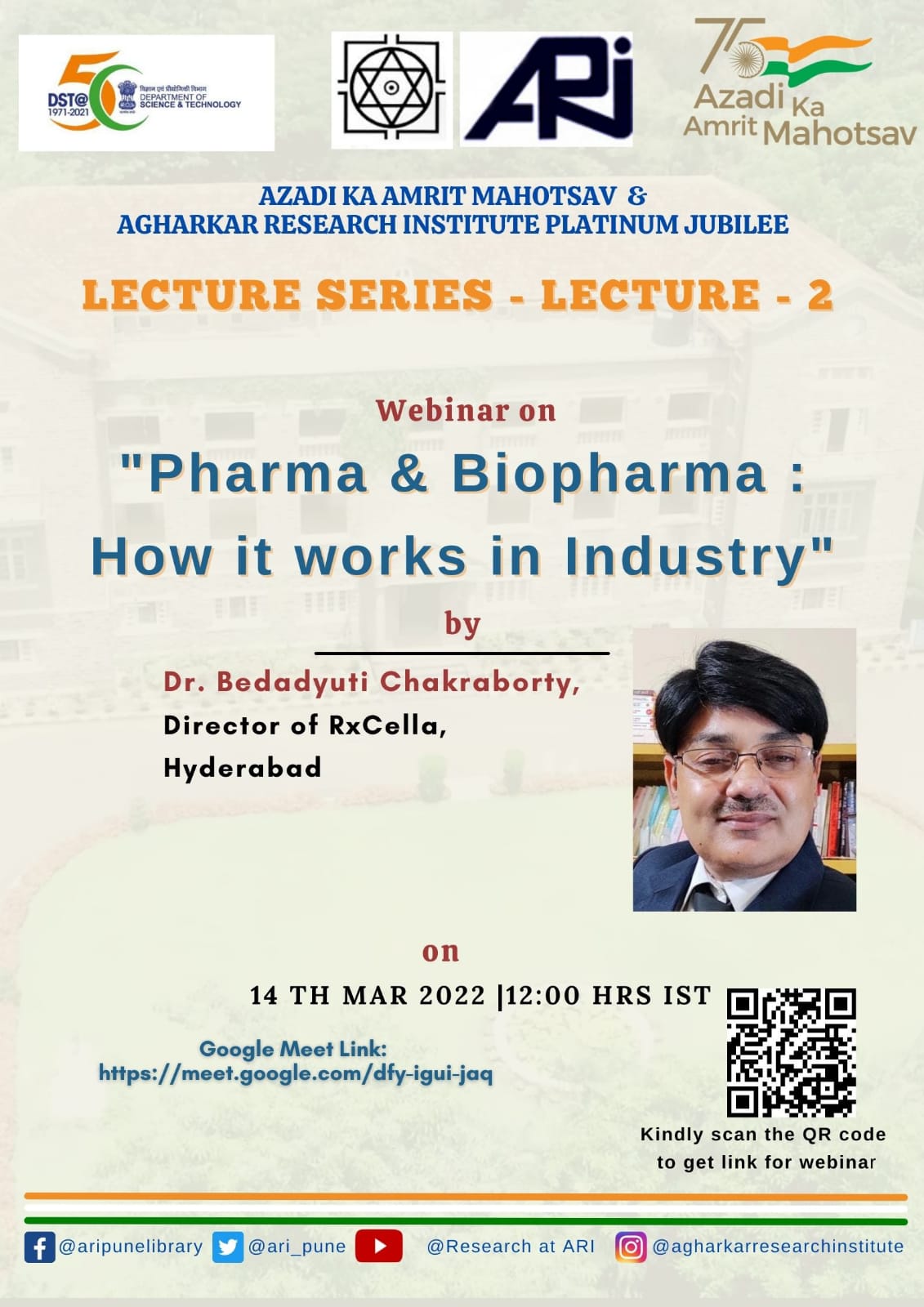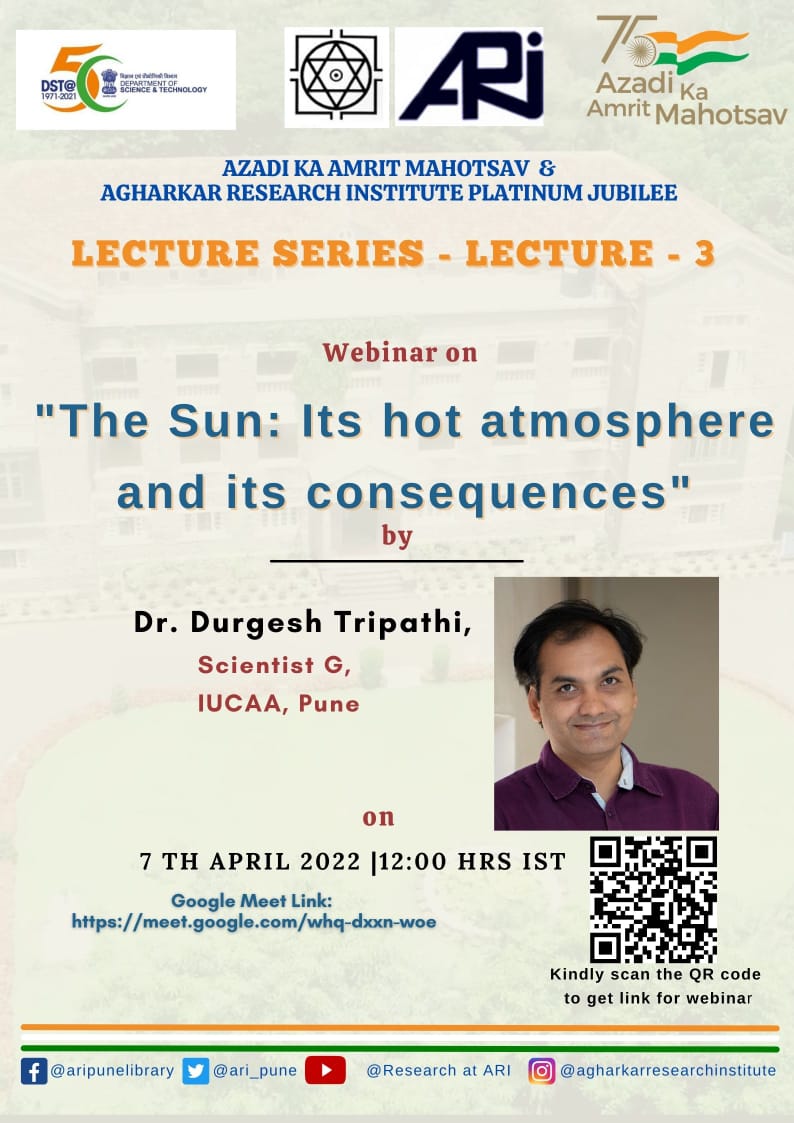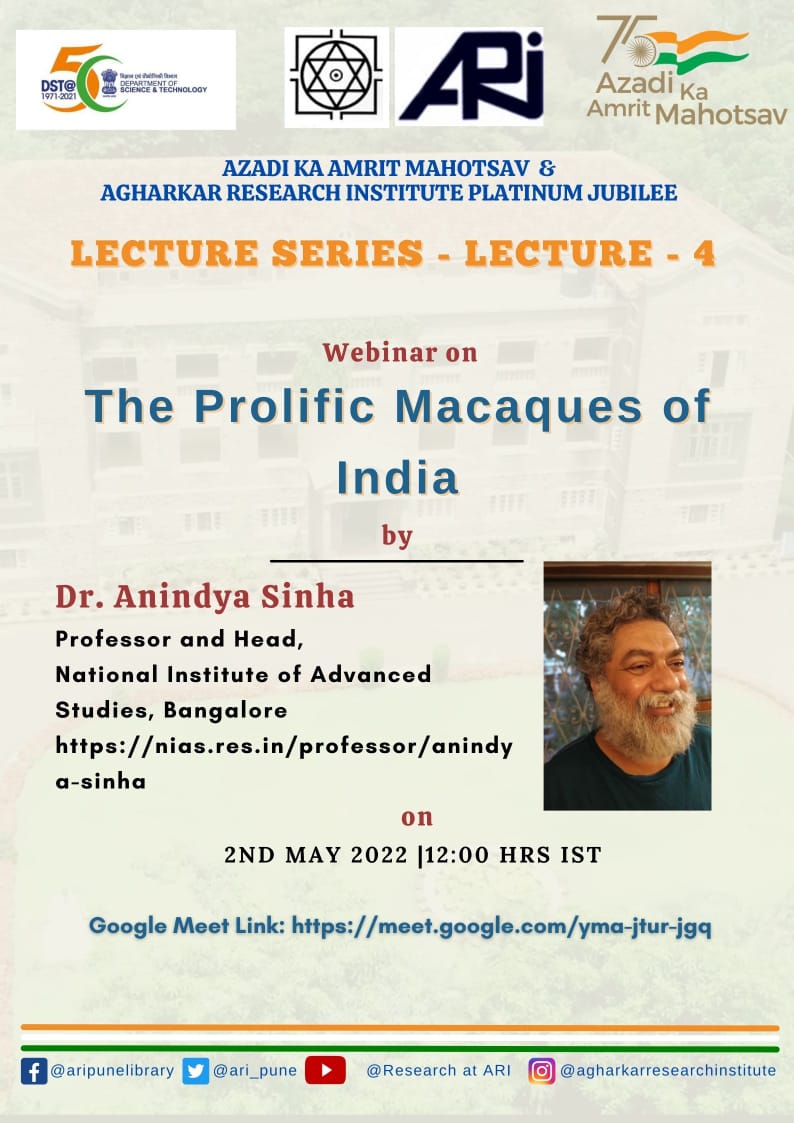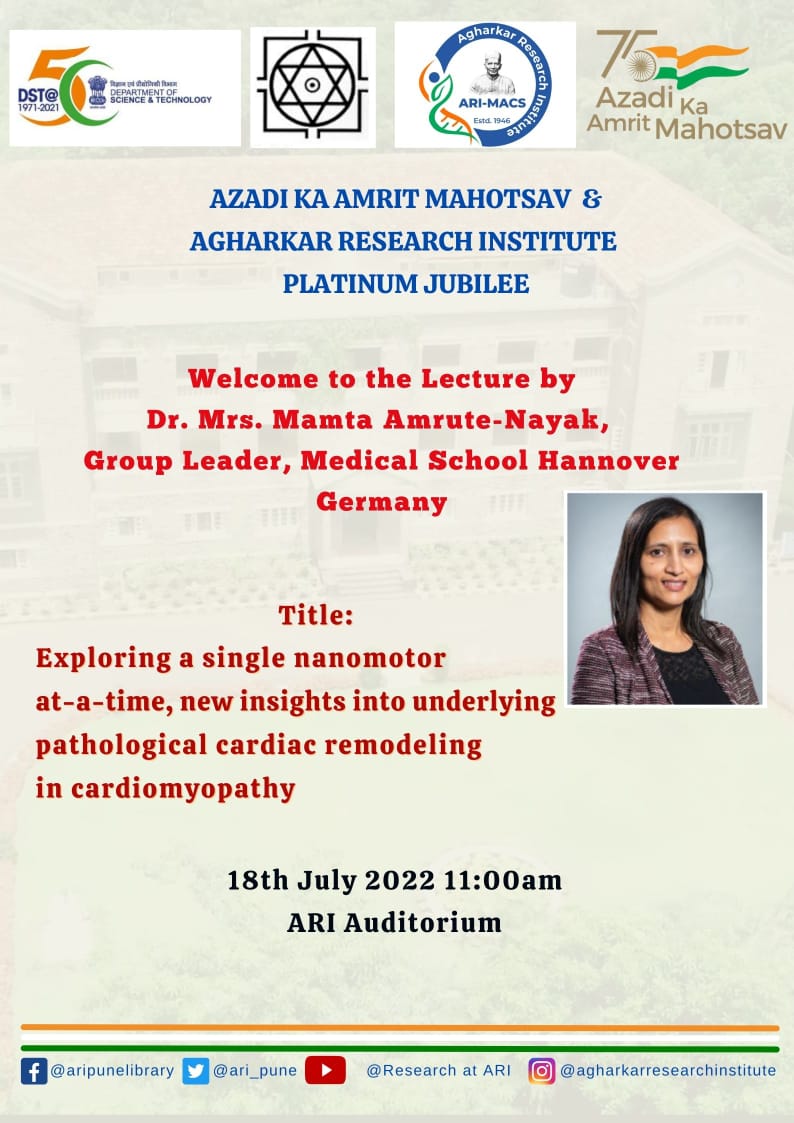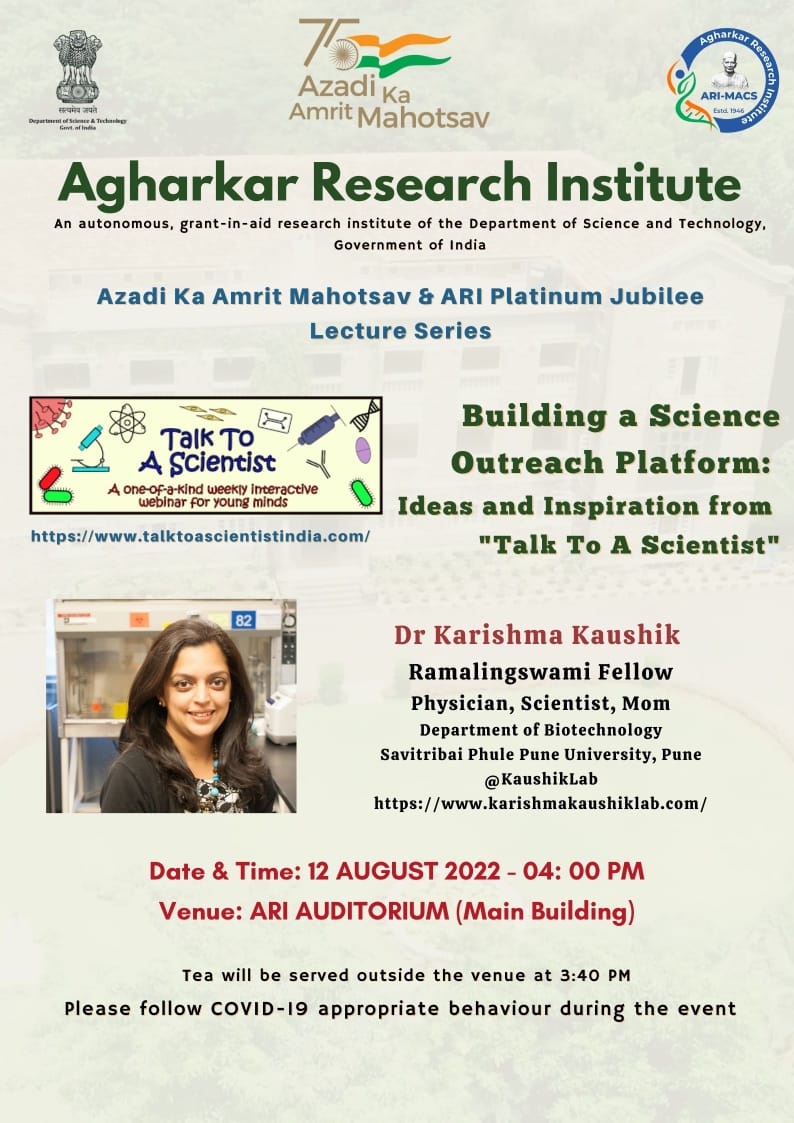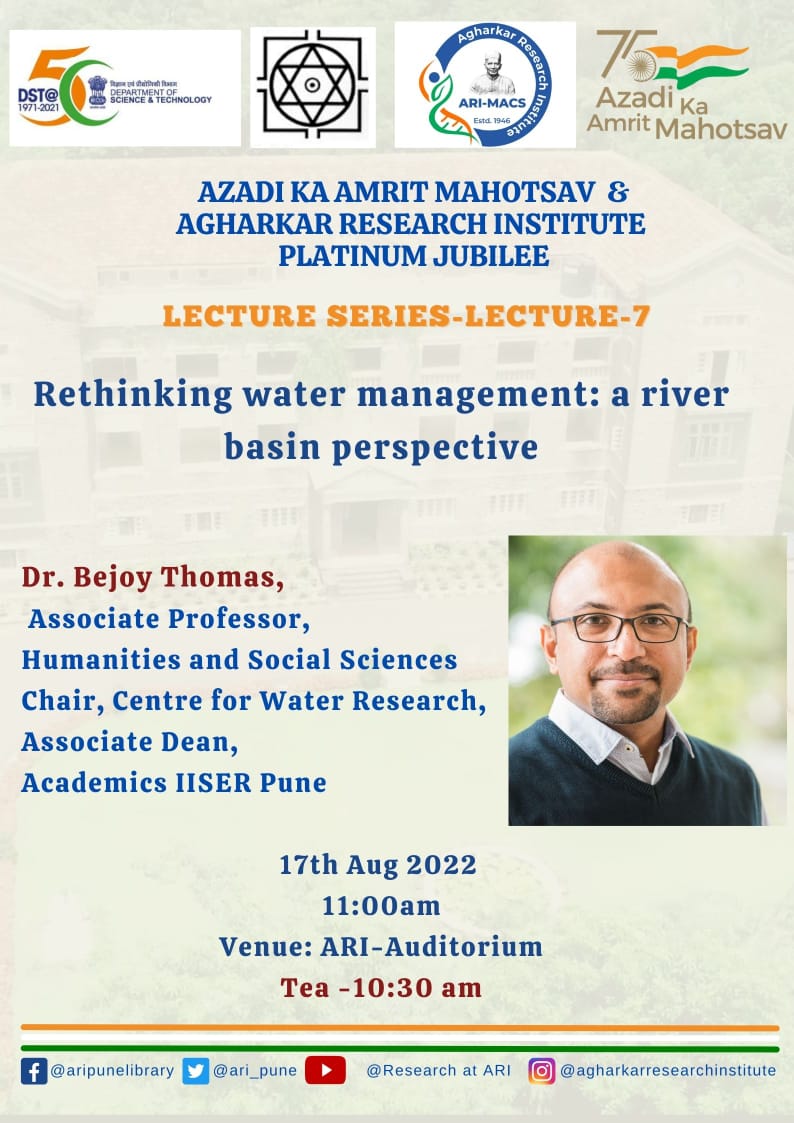
Google Scholar / Social Media
Name : Dr. Monali Rahalkar
Designation : Scientist – E
Brief Background :
I completed my PhD from University of Konstanz, Germany, where I studied methane oxidizing bacteria from Lake Constance. During my postdoctoral work, at University of Bremen, I worked on nitrogen fixing bacteria associated with rice roots.
I started my work in this institute in September 2013, and my main focus isto study, isolate and cultivate novel and environmentally important micro-organisms.My team is currently focused on ‘methanotrophs’ or methane oxidizing bacteria, present in various environments. Methanotrophs oxidize methane and perform the important function of methane oxidation in the environment. They use C1 compounds as their sole source of C and energy. These act as natural bio-filters of methane and are instrumental in methane mitigation.
I started working on methanotrophs from Indian (tropical) rice fields which are one of the key hotspots of methanotrophs. We have been successful in cultivation of various methanotrophs which also involves several new taxa. The methanotrophs would be explored for a variety of bioenergy and biotechnological applications. We are also exploring the genomics of various novel species. We also use various approaches like metagenomics to study the in-situ communities.
Contact Details :
0091-020-25325119
- B.Sc Microbiology (Ist class, 2nd rank in Pune University, Microbiology) 1997
-
M.Sc Microbiology (Ist class with distinction, 6th rank in Pune UniversityMicrobiology) 1999
-
PhD Microbial Ecology 2007 University of Konstanz, Konstanz, Germany (Research guide: Prof. Bernhard Schink).
Methanotrophs (methane oxidizing bacteria): Diversity, cultivation and genomics
- Climate change is currently one of the most of important threats to the living world. Methane is the second most important greenhouse gas and has a higher global warming capacity than CO2. Methane is naturally oxidized by methanotrophs which use methane as the sole source of carbon and energy.
- My current research work is focused on methanotrophs. We are studying various aspects such as their diversity in various habitats, cultivation of methanotrophs, description of cultures and investigating their applications in various fields of bioenergy and biotechnology.
- We are the first laboratory in India to host more than 50 pure strains of methanotrophic bacteria. The isolates belong to nine different genera, of which two novel genera have been described from India by us (Methylocucumis and Methylolobus). We believe that this is the first culture collection of methanotrophic bacteria in India. All of the methanotrophic isolates are being explored for diverse bioenergy, biotechnological and environmental applications including methane mitigation from various sources, gas to liquid biofuel production, single cell protein production, etc.
Methanotrophs in Methane Mitigation
- We are planning to use methanotrophs as novel bio-inoculants for methane mitigation in rice fields and landfills. Further, we would also use bio-stimulation for stimulating the native methanotroph populations which would help in green house has reduction from this source.
- Our further focus would be study of methanotrophs from landfills and stimulating methanotrophs from the existing landfills and design of methanotrophicbiocovers.
Methanotrophs for Biotechnological applications
We are trying to addvalue to the methane from waste natural gas or biogas, i.e. methane valorization, to products such as biodiesel and single cell proteins, are being explored. In India, as methanotrophs were not been cultivated in routine practices, probably, such applications have not been explored.
Papers published in refereed journals
- Rahalkar, M. C., Khatri, K., Pandit, P., Bahulikar, R. A., & Mohite, J. A. (2021). Cultivation of Important Methanotrophs From Indian Rice Fields. Frontiers in Microbiology, 12, 669244. https://doi.org/10.3389/fmicb.2021.669244
- Khatri, K., Mohite, J., Pandit, P., Bahulikar, R. A., & Rahalkar, M. C. (2021). Isolation, Description, and Genome Analysis of a Putative Novel Methylobacter Species (‘Ca. Methylobacter coli’) Isolated from the Faeces of a Blackbuck (Indian Antelope). Microbiology Research, 12(2), 513-523. https://doi.org/10.3390/microbiolres12020035
- Mohite JA, Manvi SS, Pardhi K, Khatri K, Bahulikar RA & Rahalkar MC (2023) Thermotolerant methanotrophs belonging to the Methylocaldum genus dominate the methanotroph communities in biogas slurry and cattle dung: A culture-based study from India. Environmental Research 228: 1-6. https://doi.org/10.1016/j.envres.2023.115870
- Mohite JA, Manvi SS, Pardhi K, Bahulikar R, Patange S, Deshpande S, Joshi M, Kulkarni S & Rahalkar MC (2023) Diverse Type I and Type II methanotrophs cultivated from an Indian freshwater wetland habitat. International Microbiologyhttps://doi.org/10.1007/s10123-023-00415-4
- Mohite JA, Khatri K, Pardhi K, Manvi SS, Jadhav R, Rathod S & Rahalkar MC (2023) Exploring the Potential of Methanotrophs for Plant Growth Promotion in Rice Agriculture. Methane 2: 361-371.
- Rahalkar, M.C., Mohite, J.A., Pardhi, K. ,Manvi,SS., Kadam, S.S., Patil, Y.Y (2024) Insights into Methylocucumis oryzae, a Large-sized, Phylogenetically Unique Type Ia Methanotroph with Biotechnological Potential. Indian J Microbiolhttps://doi.org/10.1007/s12088-024-01347-x
- Rahalkar, M.C., Khatri, K., Pandit, P. and Mohite, J. Polyphasic Characterization of Ca. Methylomicrobium oryzae: A Methanotroph Isolated from Rice Fields. Indian J Microbiol (2024). published online 29th August 2024 https://doi.org/10.1007/s12088-024-01381-9
Ph. D. awarded
- Kumal Khatri: Exploration of diverse methanotrophs for taxonomic novelty and biotechnological potential. Guide: Dr. Monali C. Rahalkar
Other important information
- Monali Rahalkar was awarded DURGA Puraskar by Loksatta, October 2022
- Rotary Club of Pune Pride vocational excellence award to M. C. Rahalkar; International Women’s Day- 2024
- Dr. M. C. Rahalkar is nominated as Member of Technical Expert Committee on “Energy Bioscience, Environmental& Forest Biotechnology”, DBT, India (from April 2022-2025)
Technologies Transferred
- Nucleic acid-based test kit to detect viral RNA, DNA, and other biomolecules. This technology has been transferred to FastSense Innovations Pvt. Ltd., Pune.
- Technologies transferred to SKR Agro, Wardha, (1) Oil nanoformulation for mealy bug control, (2) Copper nanoparticles as antimicrobial agent (3) Zn-chitosan nanoparticles formulation (Zn-CNP) as a foliar spray for delivery of essential micronutrient in crop
New Extramural Project Sanctioned
- Candidate Chikungunya virus vaccine to test efficacy of E2 protein-loaded PLGA-PEG nanoparticle as a candidate vaccine in adult and aged mouse model, DST Nanomission: PI: Yogesh A. Karpe, Co-PI: Virendra Gajbhiye, Fund 66.47 lakh. March 2022 to March 2025.
- Determine the mechanism of Autophagy-related gene-1 (Atg1) in the metabolism of lipids, ICMR, PI: Bhupendra Shravage, Co-PI: Yogesh A. Karpe, Fund: 58.57 lakh. March 2024 to March 2026
- Application of methanotrophs in rice agriculture for methane mitigation and plant growth promotion. POWER fellowship SERB. Monali C. Rahalkar (PI) 38.1 lakhs. SPF/2022/000045. Nov 2022-Nov 2025.
- Demystifying the impact of virus infection on the blood coagulation system and exploring the possibility of drug repurposing to treat viral diseases”. Department of Biotechnology, PI: Yogesh Karpe, Co-PI: Bhupendra Shravage. Fund: Rs. 5417840, Duration: 25-09-24 to24-09-27
- Therapeutic investigations and isolation of bioactives from Haplanthodes species, the wild relatives of Kalmegh. Rajiv Gandhi Science and Technology Commission, MH PI: R. K. Chaudhary, Co-PI: Virendra Gajbhiye. Rs. 2600000 February2023to February2026
- Multifaceted therapy for cardiac regeneration post infarction through delivery of nucleic acids and bioactives via targeted nanocarriers Science and Engineering Research Board, Govt. of India. PI: Virendra Gajbhiye Fund: Rs. 7700000 November 2023 to November 2026
- Potential stemness genes knockout through CRISPR-Cas9 technology in triple-negative breast cancer cells via multitalented nano-hybrids. Indian Council of Medical Research (ICMR), Govt. of India PI: Virendra Gajbhiye. Approved


